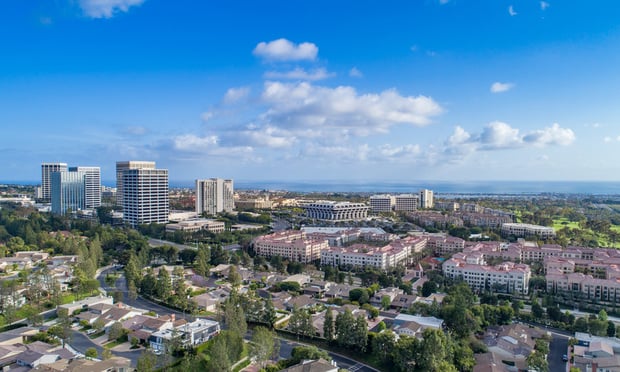WASHINGTON, DC–On May 1 it became official: the US economy is in its second-longest expansion. If this current economic cycle continues through July 1, 2019, it will be the longest on record, according to Cushman & Wakefield.
But will the economy make it to that date?
“We get asked this question all of the time,” Revathi Greenwood, head of Americas research with Cushman & Wakefield, tells GlobeSt.com. “I think these superlatives make people nervous. They wonder if it is time for the party to be over and the next recession to start.”
The answer is more than likely the expansion will continue to at least July 2019, Greenwood says. Current estimates of the probability of a recession with the next year are between zero and 25%, with a majority of forecasters narrowing their predictions at between 10% and 15%.
The economists looked at such indicators as the yield curve and the stock market to evaluate whether the expansion may be nearing an end. The yield curve in particular, Greenwood says, has been able to predict each of the nine recessions that have happened.
The yield curve has been compressing recently as short-term interest rates have risen faster than long-term rates. C&W economist and lead forecaster Rebecca Rockey believes it has the potential to compress further or to sit comfortably as-is for some time. Still, it is in positive territory. The Fed did not raise interest rates during its policy meeting this week, keeping the federal funds rate steady at its target 1.5% to 1.75%. Predictions about interest rates put them at 3.4% in 2020. The ten-year Treasury just broke through the psychological benchmark of 3% and the one-year rate is about 70 basis points below. The ten-year Treasury rate is expected to be at 3.6% in 2020.
“The actual pace of rate increases has been much slower than anybody anticipated,” Greenwood says. Also, she adds, there are tailwinds from the fiscal stimulus that bode well for the economy. As for the recent stock price volatility, that probably tells us more about investors' reactions to earnings reports and their appetite for unpredictable policies than anything about the business cycle, Greenwood says.
She also points to the Fed's statement this week, which signalled a greater confidence in their inflation forecast, compared to earlier statements. “They're basically saying that as long it's about 2% they want to keep an even keel on the ship.”
Want to continue reading?
Become a Free ALM Digital Reader.
Once you are an ALM Digital Member, you’ll receive:
- Breaking commercial real estate news and analysis, on-site and via our newsletters and custom alerts
- Educational webcasts, white papers, and ebooks from industry thought leaders
- Critical coverage of the property casualty insurance and financial advisory markets on our other ALM sites, PropertyCasualty360 and ThinkAdvisor
Already have an account? Sign In Now
*May exclude premium content© 2024 ALM Global, LLC, All Rights Reserved. Request academic re-use from www.copyright.com. All other uses, submit a request to [email protected]. For more information visit Asset & Logo Licensing.









